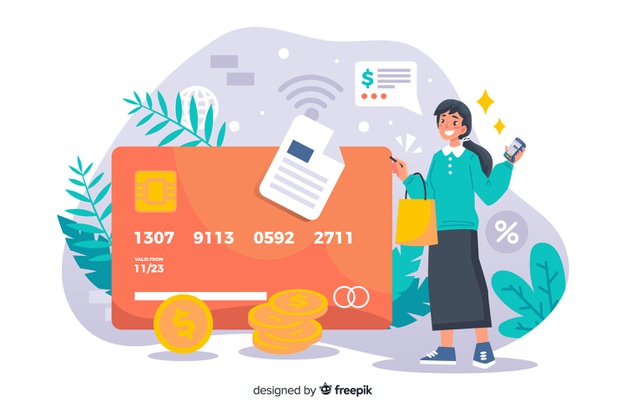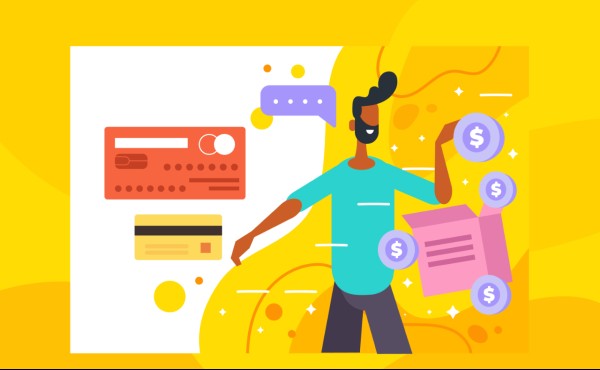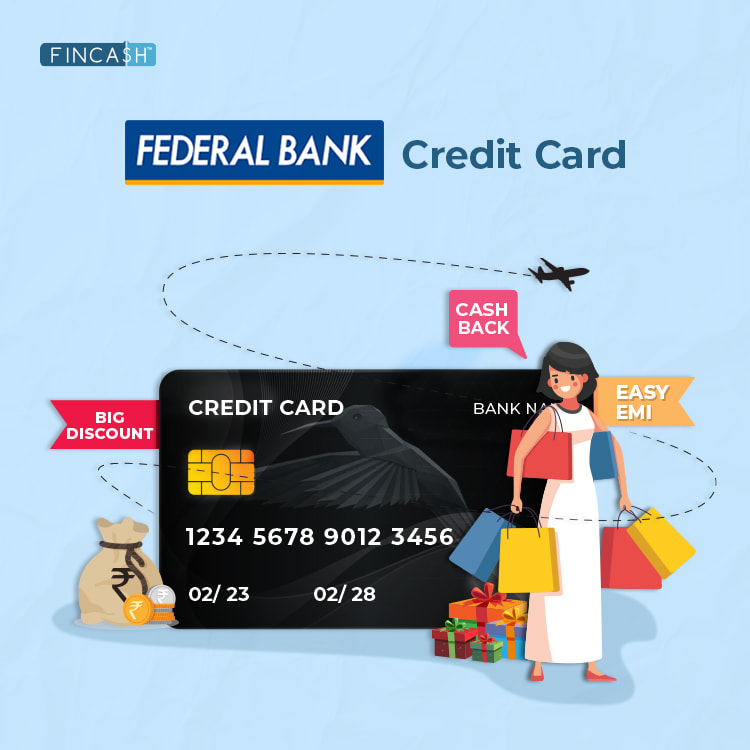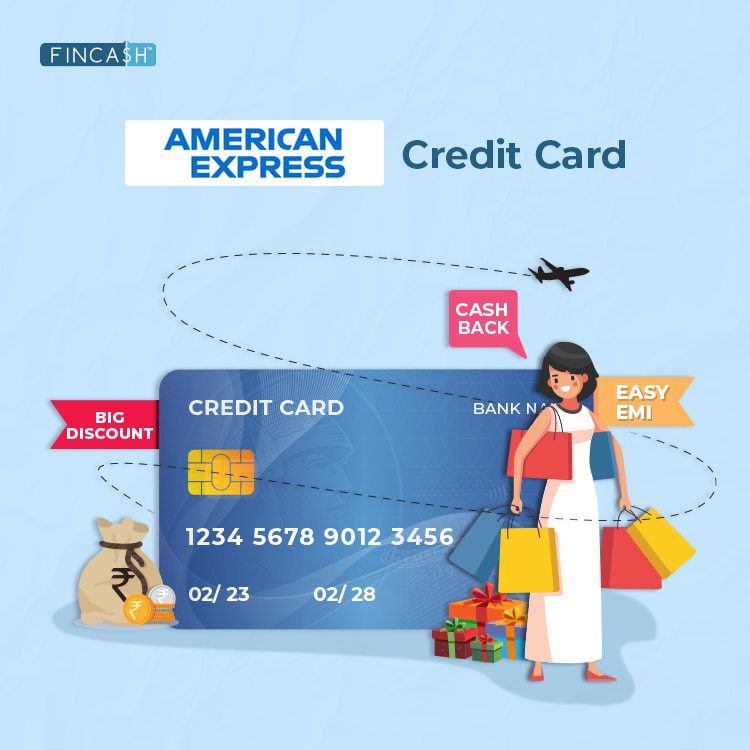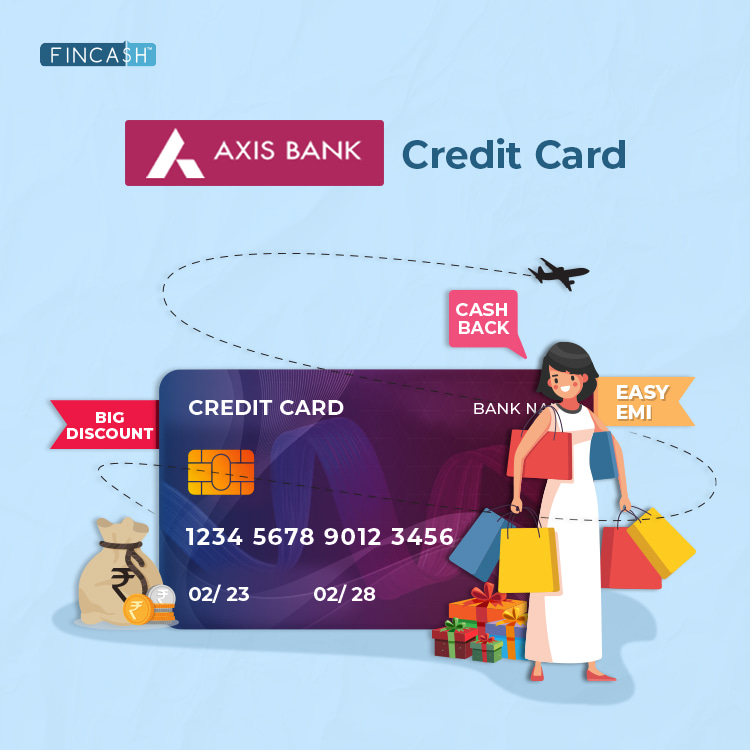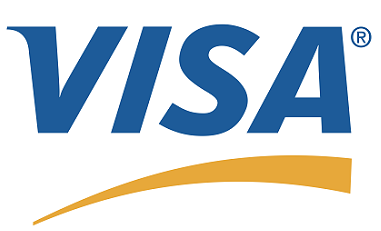Consequences of Credit Card Default in India
With their enticing perks and effortless transactions, credit cards often become integral parts of consumers' financial lives. However, the ease of swiping or tapping to make a purchase comes with the responsibility of managing credit diligently. Failing to meet this responsibility can create a chain reaction of consequences that impact credit scores, financial stability, and mental health. Credit cards stand as versatile tools Offering unparalleled convenience and flexibility. Yet, beneath the surface of these plastic wonders lies a potential financial storm that you may unintentionally find yourself navigating if you Default on credit card payments. The consequences of such defaults extend far beyond mere financial inconvenience, shaping the course of your economic trajectory and influencing various aspects of your fiscal well-being.
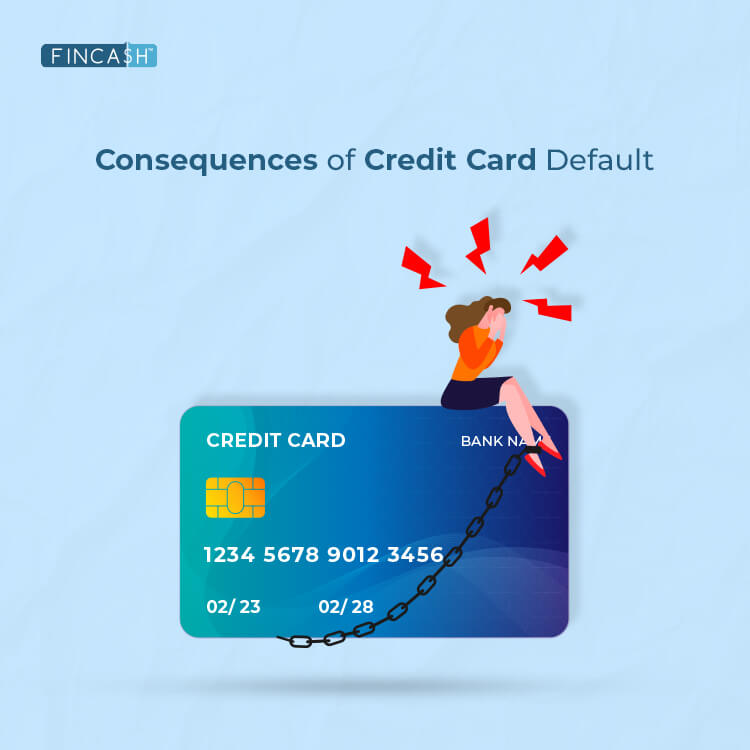
These cards offer convenience and financial flexibility, but they can lead to severe consequences when mishandled. Defaulting on credit card payments can create a domino effect, distressing various aspects of your financial health. Understanding these consequences is crucial for responsible financial management. In this post, let's highlight some major consequences of credit card default.
Understanding Credit Card Default
The concept of credit card default might seem straightforward—missing credit card payments. However, it's crucial to delve deeper into the intricacies of what constitutes a default. Contrary to common belief, the occasional Lapse in credit card payments, even if occurring once or twice, doesn't automatically categorise you as a defaulter. The default label is affixed when a cardholder consistently fails to meet the Minimum Amount Due (MAD) for several months. While credit card issuers typically issue notifications prompting users to settle their dues after six consecutive missed payments, the cardholder is responsible for taking necessary actions. Failing to make timely payments on credit card bills can lead to substantial interest charges and, ultimately, the undesirable status of being a defaulter.
Talk to our investment specialist
Reasons You Might Become a Credit Card Default
Upon acquiring a credit card, you commit to various terms and conditions by signing an agreement. Failing to comply with these stipulations can lead to the undesirable status of being labelled a defaulter. Here are some significant reasons why you might find yourself facing credit card default:
Missing the Due Date for Credit Card Bill Payment
Credit card issuers provide monthly statements, including the due date for bill payments. If you overlook the correct due date or are mistaken about it, this confusion may result in default.
Exceeding the Allowed Credit Limit
Exceeding your credit card limit is strongly discouraged. Should you surpass this limit and Fail to repay the amount, defaulting becomes a likely consequence.
Procrastinating on Credit Card Bill Payments
Procrastination, especially when delaying credit card payments, can have detrimental consequences. Failing to settle your payments promptly can result in substantial charges, putting your financial well-being at risk.
Major Consequences of Credit Card Default
Here are some primary yet impactful consequences of defaulting on your credit card payments:
Legal Ramifications
As missed payments accumulate, creditors may resort to aggressive debt-collection tactics. Persistent failure to pay credit card bills can lead to the credit card issuer initiating strict action against you, categorising it as fraud. This often includes persistent collection calls and reminders, creating a stressful and challenging environment. In severe cases, prolonged default may lead to legal action, with creditors seeking remedies through court orders. Timely payments are crucial to avoiding additional interest charges and legal proceedings.
Credit Score Impact
Perhaps one of the most significant and enduring consequences of credit card default is the adverse impact on your Credit Score. Credit scores serve as a numerical reflection of your creditworthiness, and defaults can significantly lower this score, limiting your access to future credit. A diminished credit score also influences the terms and conditions of any credit extended. To safeguard your credit score and financial reputation, settling credit card bills within the stipulated due dates is essential.
Escalated Interest Rates
Defaulting on credit card payments can result in high interest rates, often reaching 30-35%. To avoid being burdened by excessive interest rates, timely payment of bills is crucial.
Blocked Credit Card Account
Credit card default can prompt issuers to take preventive measures, such as cancelling their credit cards. This harms the credit score and hinders access to urgent credit needs. Furthermore, the cancellation impacts your credit utilisation ratio and eliminates a financial safety net that may have been relied upon for emergencies or unexpected expenses.
Asset Seizure
Credit card defaults may prompt banks to seize assets, including savings accounts or properties, to settle outstanding balances. Timely payment is essential to avoid such distressing scenarios.
Difficulty in Securing Future Credit
A tarnished credit history resulting from credit card default can haunt you long after the financial storm has passed. Lenders, wary of potential risks, may be hesitant to extend credit, and if they do, it is likely to come with higher interest rates and less favourable terms. Rebuilding trust with lenders becomes a gradual process requiring consistent financial responsibility.
Stress and Mental Health Impact
The repercussions of credit card default extend into your emotional and mental well-being. Dealing with mounting debt, persistent collection efforts, and the fear of legal consequences can induce stress and anxiety. The constant pressure to resolve financial issues may contribute to a decline in mental health, highlighting the interconnectedness of financial and emotional well-being.
How to Prevent a Credit Card Default?
Here are some tips to prevent credit card defaults:
- Schedule reminders on your phone or email to prompt credit card payments
- Opt for the auto-pay feature credit cards provide to avoid delays in payments
- Pay credit card bills promptly instead of waiting for the last billing date
- Ensure timely payment of the minimum amount due before the due date
- If feasible, request your credit card issuer convert outstanding balances into reasonable Credit Card EMIs
What to Do in Case of Credit Card Payment Default?
If you find yourself in a situation where you are unable to meet your credit card payments, there are steps you can take to address the issue, such as:
Contact Your Bank: Initiate communication with your Bank and explain your circumstances. They might offer a payment plan or suggest alternatives to help you recover without causing severe damage to your credit score.
Make a Payment: If feasible, attempt to make a payment toward your outstanding balance. Even a partial payment demonstrates your commitment to resolving the debt and can mitigate further negative impact on your credit score.
Negotiate with Your Bank: Discuss with your bank to explore options like a lower interest rate, reduced fees, or the potential waiver of late payment charges. Open and transparent communication about your financial situation can enhance the likelihood of reaching a favourable arrangement.
Seek Professional Assistance: If managing your debt becomes challenging, consider seeking guidance from a credit counsellor or financial advisor. They can assist in developing a comprehensive plan to Handle your debt and regain financial stability.
Conclusion
Defaulting on credit card payments can lead to severe consequences, affecting your financial stability and creditworthiness. Taking proactive steps, such as timely payments and exploring options like EMIs, can help prevent credit card default and its associated challenges. Lastly, by comprehending the potential consequences and adopting responsible financial practices, you can navigate the storm and emerge with a strengthened financial foundation.
All efforts have been made to ensure the information provided here is accurate. However, no guarantees are made regarding correctness of data. Please verify with scheme information document before making any investment.
